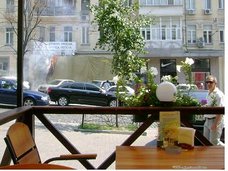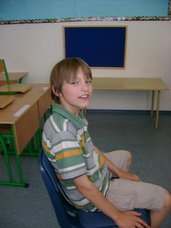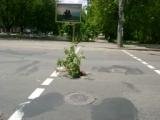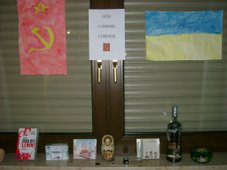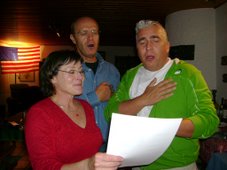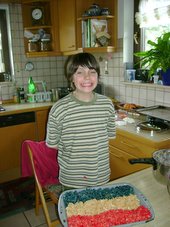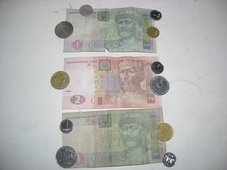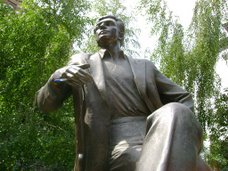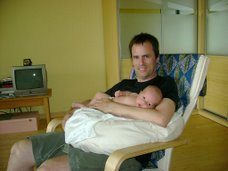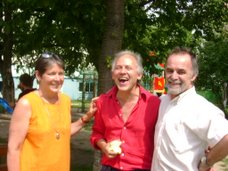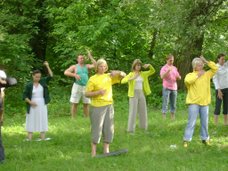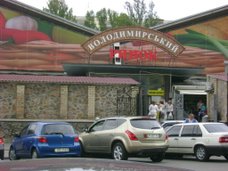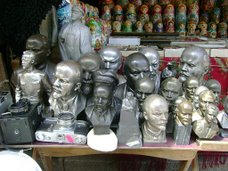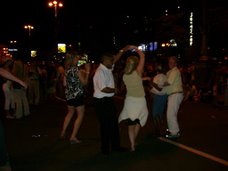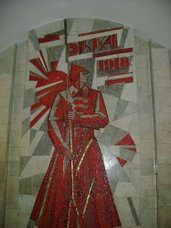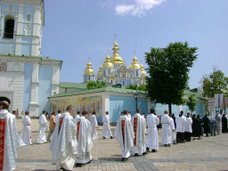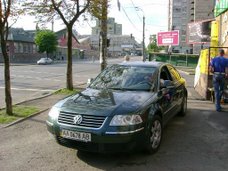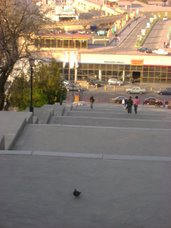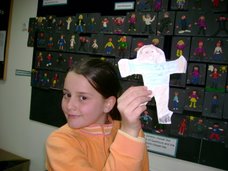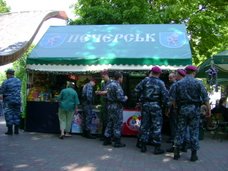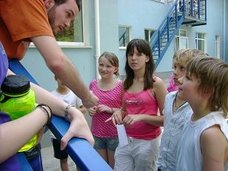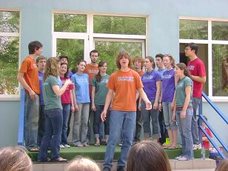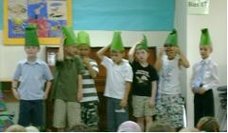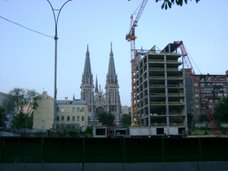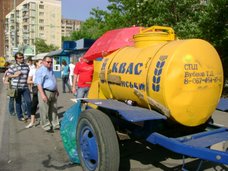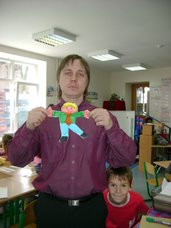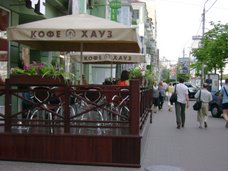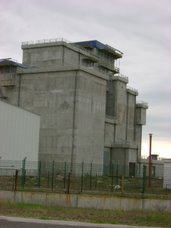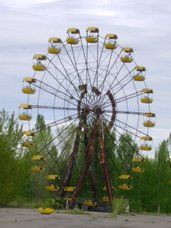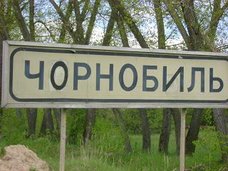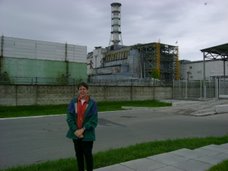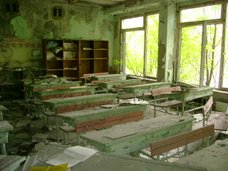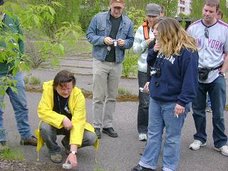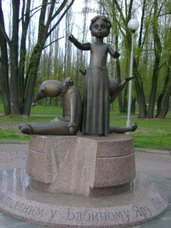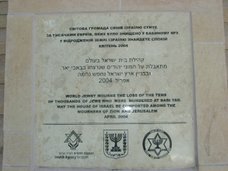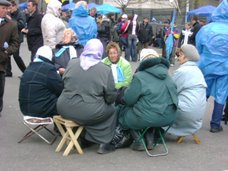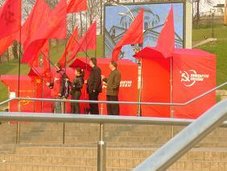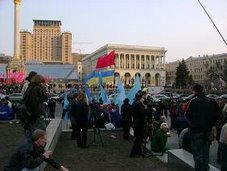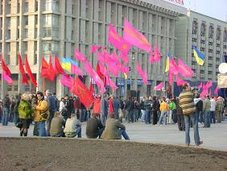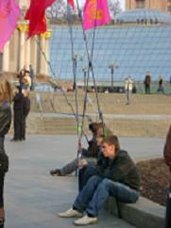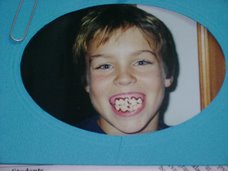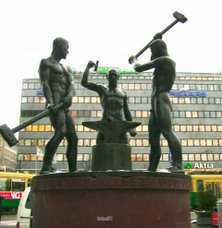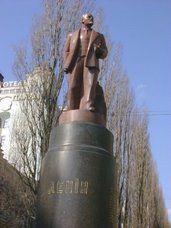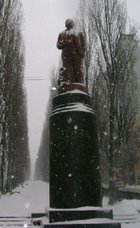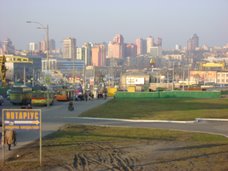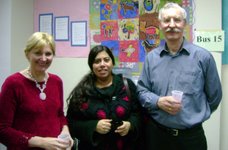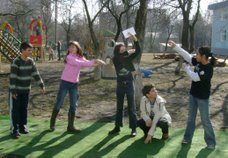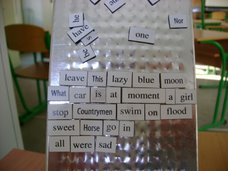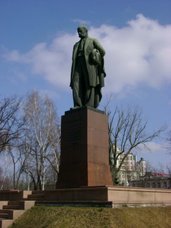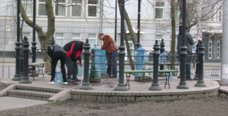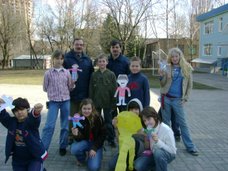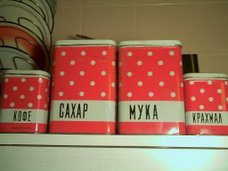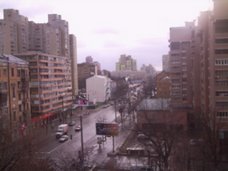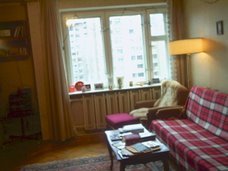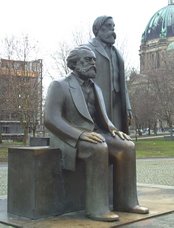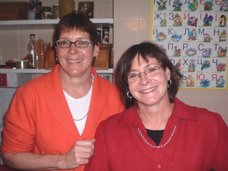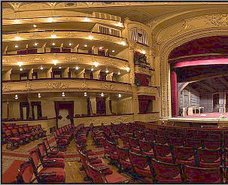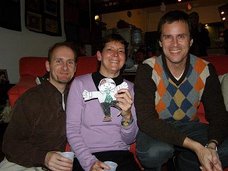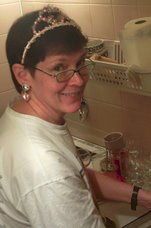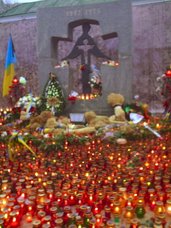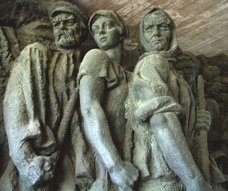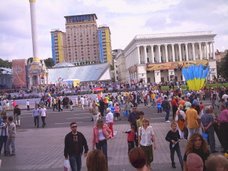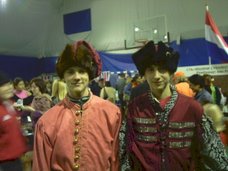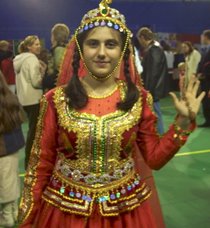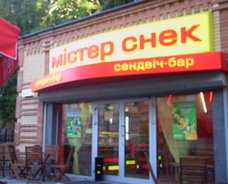The weather was mild yesterday and, wanting to take advantage of the weather before the onslaught of -20 degrees, I wandered around the neighborhood of Podil. I ended up at St. Mikhayil's Monastery of the Golden Domes, a beautiful Orthodox church that was blown up by Stalin and just reconstructed in 2001.
As I approached the plaza, I saw hundreds of flickering lights---candles in glass holders, lining the square, arranged in the shape of crosses or circles, some with sheaves of wheat before them. Crowds of people were walking around, carefully stepping over the candles. Everyone was quiet. There were families, teenagers, old people.
The memorial to victims of the 1932-1933 famine is at St. Mikayil's. This is a famine I'd never heard of before I got the job in Ukraine and started reading up on Ukrainian history. Ukraine was known as the "breadbasket of the Soviet Union" but in the early 30's, Stalin forced farmers all over the country to give their grain to the Communist government. At least 6 million people died of starvation.
The candles and sheaves of wheat were in honor of the victims--yesterday was the 2nd official commemoration of the famine. Today at school, when I talked about seeing the memorials, every Ukrainian teacher had a story to tell. Olga said that her grandfather had worked in the city and was able to get food. He took it to his parents in a village, they ate too much (after being starved) and died from the shock. Natasha told me that her grandmother had had a baby and was unable to nurse him. She fed him whatever food she had been able to hoard. Children in the village scrambled around to eat the baby's "poop"--there was nutrition in it. The grandmother and the baby both died. And on and on...
Monday, November 27, 2006
Thursday, November 23, 2006
Ukrainian Thanksgiving
Thanksgiving was an ordinary workday, although a couple of American parents brought in pumpkin pie and talked about "things to be thankful for" to the uncomprehending sons and daughters of local millionaires and rich ex-pats. "If you have food, shelter, and clean water, you have more than 75% of the rest of the world! If you have all that and a few kopeks in your pocket, you're in the top 8% of the world's population!"
Any local kid who goes to the school is from the stratosphere of the Ukrainian economy---the average income here is $4,000/year, while tuition is $15,000. I've never taught rich kids before, let alone rich kids who live in a poor country, and who are possibly the children of the Ukrainian "mafia" (as the gossip goes).
Very early I identified the phenomenon of the "evil local Dennis"---three of the Ukrainian/Russian kids in my ESL classes are behavior problems, and they're all named Dennis. The ESL classes are full of kids who speak Russian. Most of them want to learn English, but the Dennisses seem to know they're already set for life. Why bother learning English? So they spend all of their time trying to distract their classmates by talking Russian to them. I anticipated a lot of problems, but not this one!
Any local kid who goes to the school is from the stratosphere of the Ukrainian economy---the average income here is $4,000/year, while tuition is $15,000. I've never taught rich kids before, let alone rich kids who live in a poor country, and who are possibly the children of the Ukrainian "mafia" (as the gossip goes).
Very early I identified the phenomenon of the "evil local Dennis"---three of the Ukrainian/Russian kids in my ESL classes are behavior problems, and they're all named Dennis. The ESL classes are full of kids who speak Russian. Most of them want to learn English, but the Dennisses seem to know they're already set for life. Why bother learning English? So they spend all of their time trying to distract their classmates by talking Russian to them. I anticipated a lot of problems, but not this one!
Tuesday, November 21, 2006
Ukrainian vs. Russian
I've been trying to learn some Ukrainian but have inadvertently learned some Russian. Ukrainian is the official language but Russian is still the "language of the marketplace," at least here in Kyiv. The first week I was here, I thanked somebody in Ukrainian, saying "dyakuyu." The clerk corrected me: "spaseeba!"
That trained me to always say "spaseeba!" And now I'm stuck with it---I was saying "spaseeba!" in Germany over the fall break, despite years of saying "danke!"
I can understand and say numbers in Ukrainian, but when I ask "skeelky" (Ukrainian for "how much"), the response is in Russian. Numbers in Russian sound something like numbers in Ukrainian, but are different enough that by the time I process it, the clerk has given up and punched out the price on a calculator and shown it to me, the poor dumb monolingual westerner.
And then I pay the equivalent of sixty cents for two pounds of carrots at the rEEOOHnok (can't even try to reproduce the sound of that Cyrillic letter, a backwards N), the giant covered market, five minutes from my apartment, with dozens of stalls where local merchants sell fresh fruits and vegetables. A vegetarian's paradise.
That trained me to always say "spaseeba!" And now I'm stuck with it---I was saying "spaseeba!" in Germany over the fall break, despite years of saying "danke!"
I can understand and say numbers in Ukrainian, but when I ask "skeelky" (Ukrainian for "how much"), the response is in Russian. Numbers in Russian sound something like numbers in Ukrainian, but are different enough that by the time I process it, the clerk has given up and punched out the price on a calculator and shown it to me, the poor dumb monolingual westerner.
And then I pay the equivalent of sixty cents for two pounds of carrots at the rEEOOHnok (can't even try to reproduce the sound of that Cyrillic letter, a backwards N), the giant covered market, five minutes from my apartment, with dozens of stalls where local merchants sell fresh fruits and vegetables. A vegetarian's paradise.
Monday, November 13, 2006
A rainy Monday
After living in Kyiv for almost three months, I find myself unable to keep up with emails (internet access is sketchy at home and there's very little, ie NO time at school). I'm taking the plunge into the advanced technology (for me, anyway) of creating a blog. So...live from Kyiv, here I am!
Winter's on its way but not here yet. The temperature drops to freezing and it snows, then it gets warm again and I open the windows and mosquitos buzz around, even here on the seventh floor in November in Kyiv. (flypaper strips are still hanging all over the place) The first freezing spell was the week of October 15. Coincidentally, October 15 is the date that city workers begin to turn on the heat in apartment buildings all over the city. However, it's turned on over a period of two weeks, neighborhood by neighborhood. All of the ex-pat teachers were asking each other "did you get heat yet?"
I hadn't, and by Wednesday I felt colder in my apartment than out of it. I finally gave up and went to Mega Mart (the local version of Wal-Mart) to buy a little electric heater. Usually I carry a Ukrainian/English phrasebook, but in my rush to get out of my arctic living space and into a heated store, I forgot it. Then I couldn't figure out which appliances were heaters and which were fans or dehumidifiers or whatever...juicers, for all I knew. Luckily, one of the clerks spoke enough English to help me out. Basics like "hot" and "cold" are really words I should have known by then! I know them now (haryachyy and kholodnyy).
Winter's on its way but not here yet. The temperature drops to freezing and it snows, then it gets warm again and I open the windows and mosquitos buzz around, even here on the seventh floor in November in Kyiv. (flypaper strips are still hanging all over the place) The first freezing spell was the week of October 15. Coincidentally, October 15 is the date that city workers begin to turn on the heat in apartment buildings all over the city. However, it's turned on over a period of two weeks, neighborhood by neighborhood. All of the ex-pat teachers were asking each other "did you get heat yet?"
I hadn't, and by Wednesday I felt colder in my apartment than out of it. I finally gave up and went to Mega Mart (the local version of Wal-Mart) to buy a little electric heater. Usually I carry a Ukrainian/English phrasebook, but in my rush to get out of my arctic living space and into a heated store, I forgot it. Then I couldn't figure out which appliances were heaters and which were fans or dehumidifiers or whatever...juicers, for all I knew. Luckily, one of the clerks spoke enough English to help me out. Basics like "hot" and "cold" are really words I should have known by then! I know them now (haryachyy and kholodnyy).
Subscribe to:
Posts (Atom)
